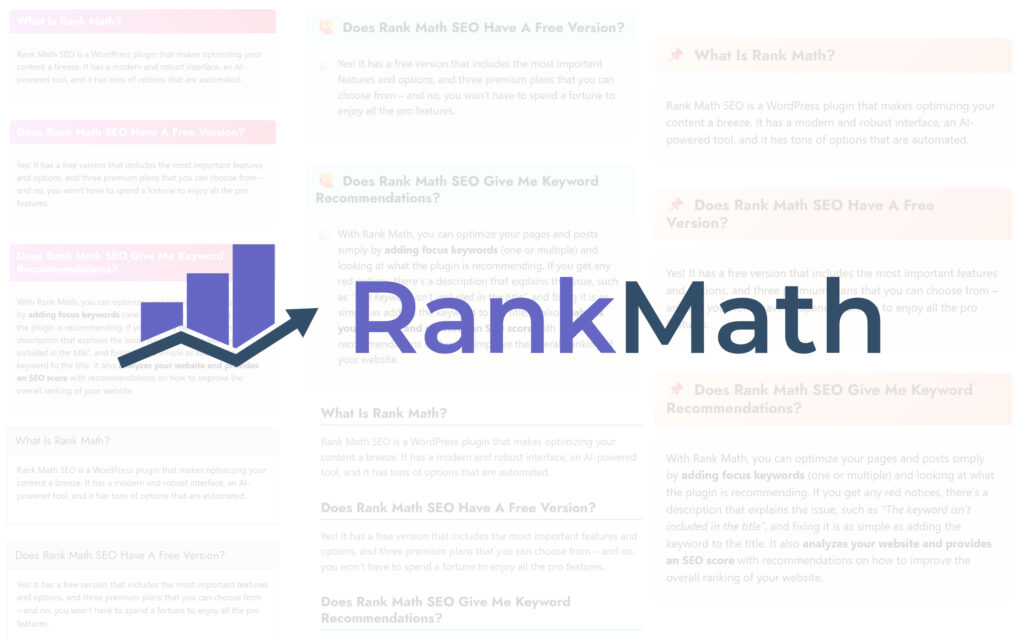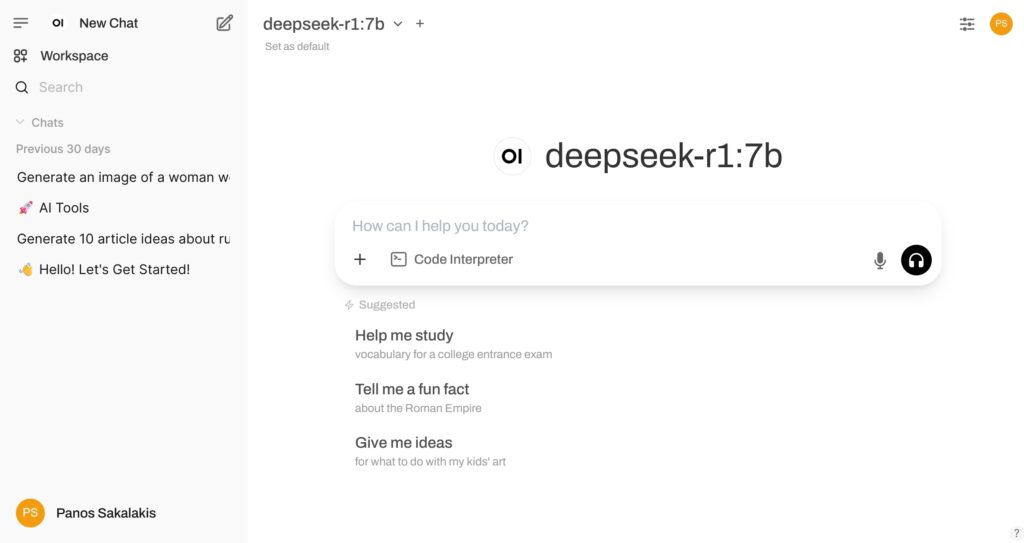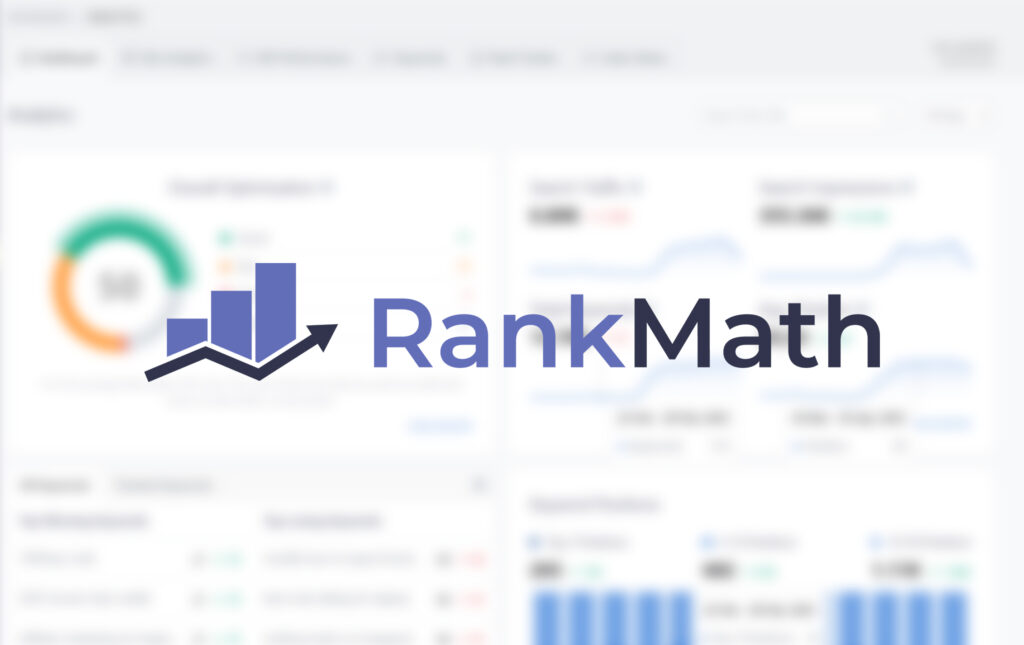Once upon a time, I had no clue about web hosting plans, servers, optimizations, and everything that comes with managing and owning a website. I remember looking at various web hosting companies and choosing a WordPress Managed plan for my blog, only to find out that I had just spent my last money on a server that couldn’t handle my traffic.
Choosing the right web hosting plan for your blog, website, or even your e-commerce store can be pretty challenging. Thankfully, there are a few simple things that you can look at to make sure you choose the best server that can handle more than what you already have.
From downtimes to having a bad technical support experience, I started setting up my own servers, created my own web hosting company, and eventually sold it. Here’s everything you need to know to choose the best server for your website, as simple as possible.
Here’s everything I wish I had known when I started blogging, long before starting to set up my own dedicated servers for websites with high traffic.
The different types of Web Hosting plans
Let’s start from the very beginning; There are a few different types of web hosting plans that you can choose from, and every single one of them is designed to meet specific needs, such as blogs that just started out, high-traffic websites that focus on ultra optimization, or even security and support.
Whatever it is that you’re looking for in your website, understanding which types of hosting are right for you is crucial.
1. Shared Hosting
Shared Hosting plans are designed for small business websites, portfolios, and blogs that just started. They’re great because they’re cheap, and they give everyone a chance to start their own website without compromising their monthly budget. A lot of companies also provide great free tools in their shared hosting plans to let users install CMS platforms such as WordPress with a 1-click installation procedure.
Unfortunately, while pretty cheap, those plans host all of your website’s files in servers that may be the home for hundreds or thousands of other small websites. For the hosting company to provide as many plans as it’s possible with one single server, it’s important to reduce the resources every website gets.
Shared Hosting plans aren’t as secure or fast as other plans, and that’s because when you’re using it to host your website on such a server, you’re actually sharing it with many other website owners at the same time. Although those servers are being “cut” in pieces, with every owner having its own dedicated space and a way to access its website’s files on the server, they’re mostly pretty slow when your website has too many plugins installed, you’re using a heavy theme, and/or you’re having high traffic.
2. Managed Hosting
Managed Hosting is basically the classic Shared Hosting plan but on steroids. They’re mostly faster because they have been already configured and optimized to run with specific CMS platforms, including WordPress, Drupal, Joomla, and others. Some of those configurations and optimizations are actually crucial for having more speed and saving as much as possible when it comes to your server’s resources.
Those plans are also great for new websites that are looking to start in the best possible way, without spending too much of their budget. There are many popular and well-known web hosting companies that provide cheap and fast Managed Hosting plans mostly for WordPress. Those plans also include some serious tech support that will help fix any issues that you may be experiencing with your hosting plan, but that depends on the company really.
If you’re looking at creating a blog, an e-commerce store, a fast portfolio, or having a more powerful server to handle more plugins and services, then a Managed Hosting plan should be your first priority, as they’re much faster, and more stable, and more secure than the classic Shared Hosting plans.
3. VPS Hosting
VPS Hosting (Virtual Private Servers) is among the most popular choices when it comes to building more heavy websites with lots of traffic. They’re perfect because they’re pretty flexible, which means that you can start with low hardware and end up using a powerful VPS server that can handle thousands of daily visitors.
With a VPS server you can start low, let’s say with 1,5 Cores CPU and 1.5GB of RAM, just to get started. As your website is getting bigger and bigger, as you install more plugins and have your traffic increase over time, a VPS server can scale with you as you go. Most web hosting companies provide specific VPN plans that you can easily upgrade, starting from low and going to high-end plans.
Other companies, on the other hand, go as far as letting their clients upgrade specific parts of their server’s hardware, including the disk space, RAM, and CPU Cores.
It’s important to note here that a large number of web hosting companies do not provide any kind of technical support for their VPS servers, and include “Managed VPS Hosting”, which is similar but already optimized and configured for a specific use, and they do include support.
4. Dedicated Servers
Dedicated servers are where things get serious; They’re fully scalable and flexible, upgrading every part of them is relatively easy, and they’re here to support even the heaviest, complex, and high-traffic websites. But dedicated servers aren’t cheap, most of them don’t include any kind of technical support, and they’re not optimized or configured.
Some web hosting companies give you the option to get your dedicated server with an operating system installed (mostly some kind of a Linux distro), and with data center automation software such as Plesk or cPanel. Those options may be included in the total cost, based on the company, while the data center automation software will probably come with an extra monthly price.
Dedicated servers are best used for high-traffic and heavy websites, as they can handle thousands of visitors in real-time. They’re not meant for new or small websites that consume low bandwidth, except if you’re going to run a business and you want to start with a strong server that can handle high traffic from your advertising campaigns.
5. Cloud Hosting
Cloud Hosting is where all the latest technology comes and combines speed, security, stability, and almost zero downtime. You can get a specific cloud hosting plan, or go with more flexible plans, such as a cloud hosting that will automatically increase its resources whenever its needed.
Think about it; Your website will be loaded from the closest server a user is visiting your website, making loading times faster than ever imagined. That means if I, Panos, visit your website from Greece, your files will be downloaded and served through a Greek server, which is pretty neat.
If that’s not enough, now think about that you will have fewer things to optimize for speed, far better security, and no more wasted hours of waiting for your VPS or Dedicated server to be upgraded so it handles high traffic in case something goes viral. And man oh man, I won’t even get started with how exhausting it is to keep maintaining a server that has lots of traffic, and this is where Cloud Hosting is making this process a whole lot simpler.
6. Reseller Hosting
Put simply, Reseller Hosting is for people who want to create, configure, sell, and manage their own web hosting plans. Maybe looking at creating a small web hosting company? Using a Reseller’s account will have everything you may need to successfully start without spending a fortune on buying or renting powerful servers.
After researching and finding the best web hosting company that gives you the option to become a reseller, you can purchase all of their resources in bulk at wholesale prices, and then repackage and sell them to your own customers at a marked-up price.
7. Local Hosting
Local Hosting is when you’re running your website on your computer or laptop, using it as a server. Websites that are hosted locally using software such as XAMPP are great for testing purposes, as they let you do all changes in a testing environment rather than on your live website.
Basically, you can install multiple WordPress installations and have fun with them, create new websites, and do as many tests as you’d like without even being connected to the internet. Of course, no one will be able to visit those websites because they won’t have a URL, but they’re great for everything else mentioned.
Understanding Technical specifications
Now that you know all the types of web hosting, how do you actually choose the best Shared Hosting, Managed Hosting, VPS, or Dedicated server/plans based on your needs? Well, what if I told you that you only have to focus on 10 simple things that you should always check before purchasing a hosting plan.
- CPU: The more CPU Cores a server has, the more it can handle, including heavy websites, high traffic, bandwidth use, a variety of installed plugins and services, and so on. 1.5 CPU Cores are great for a starter blog, portfolio, and anything that doesn’t use too many resources. 2 to 3 Cores are great for more professional websites that look at some extra speed and good resources to get started.
- RAM: Simply put; The more RAM your server has, the more things it can handle in real-time, the more services can run at the same time, and everything will run smoothly even at high traffic days. Most shared hosting plans give you from 1.5GB of RAM to 3.5GB of RAM for the highest priced plans, while you get something similar in Managed Hosting plans and VPS Servers, but with better CPU and fewer people using the same server. Dedicated servers on the other hand include from 16GB of RAM to a great amount of RAM based on the server’s usage.
- Bandwidth: Nowadays most web hosting companies provide unlimited bandwidth in their plans, with fewer still having limitations. While bandwidth is a way to count how much traffic your website/server gets every second that passes, unlimited bandwidth doesn’t mean that your website can handle an unlimited amount of monthly visitors, as the CPU, server, and disk space will play a more critical role.
- Innodes: Innodes are among the very few things that most website owners fail to check and understand, making them make bad decisions. Most web hosting companies will mostly provide some kind of Innode limitation, which can cause big problems if your website has tons of files that need to be handled. Each inode contains essential information about a file or directory, such as the file size, file permissions, file ownerships, timestamps, and file types. Make sure your website is not going to be using more Innodes than your web hosting plan can handle if you’re migrating from another company.
- Disk Space: Well, disk space is what you’re probably already familiar with, as it’s as simple as; The more space you have, the more files you can upload on your website. 10GB of disk space is a good start for a new blog, business website, or portfolio, while anything above 20GB is usually fine even for small e-commerce stores.
- Email Account(s): The number of email accounts that you can create with your hosting plan. Cheap plans usually let you create 1 email account (that has your domain name, such as info@example.com), but that depends on every company.
- SSL Certificate: An SSL Certificate is absolutely crucial if you want your visitors to be able to visit it without getting a warning that it’s not safe. SSL is what makes your website’s URL change from HTTP to HTTPS, keeping things secured and encrypted. You need to have one SSL for every domain name, which means that if you’re looking at creating three websites, you’ll also need three SSL Certificates.
- 1-Click CMS Installation: If you’re looking at creating a WordPress, Drupal, Joomla, or any other website that will run using a CMS Platform and you have no technical knowledge on how to manually create a database, configure the platform’s files, and so on, a 1-click installation tool is necessary for easy and fast installation.
- Backups: It should already be obvious, but many website owners fail to check the backup system that is provided by the hosting company. If you’re getting automatic daily backups, it should be fine. But if you’re looking at zero backups included in your plan, you’ll have to use a third-party plugin to do that for you, while reducing your personal disk space.
- Support: If you don’t have the skills to configure, optimize, and fix any issues on your server, having stand-by support is crucial. Websites may experience a whole bunch of problems, including server-side issues that may need more advanced changes.
You now know everything about choosing the right type of web hosting and what to look for and compare when it comes to technical specs. Unfortunately, that’s not the end of our guide, as you’ll need to get informed about all the popular web hosting companies that are there, and what they offer. Keep reading, and you may find something special.
How to choose the best Web Hosting company
Choosing the right web hosting for your needs is important, as those companies tend to differ when it comes to available plans, cost, services, tools, speed, limitations, downtime, and everything else provided, you get the point.
Before completing a purchase, make sure that you do good research about the hosting company and what other people are saying in their reviews. You can start with TrustPilot, which is a great platform to read reviews about businesses and head over to Google if you want to learn even more. While reviews aren’t always valid or tell the whole truth, many companies do take the time to reply and explain what happened, which is always nice to see.
It’s always preferred to stay with the most popular and well-trusted web hosting companies, as most of them provide the best stability and latest technology. Keep in mind the flexibility they give you when it comes to upgrading your plan with ease, without the need for a full migration to another server. Try to use servers with NVME SSDs using fast technologies such as Hostinger with the LiteSpeed plans, which are amongst the fastest.
If you don’t know how, then you may want to contact your hosting company and ask them to send you the monthly resources that your website is using, so you can compare them with the specs of every web hosting plan you see.
Has the guide helped you better understand how to choose your web hosting plan? If not, what do you think is missing? I’d love any feedback, and your thoughts on choosing the perfect server for your needs.
Uh, oh! Legal stuff! Yikes.. Yet important! Affiliate Links Disclaimer: Many of the links on my articles are affiliate links. That means if you click on one and make a purchase, I might earn a small commission, and I'll keep doing what I'm doing, reviewing everything with absolute honesty. Sounds good? Good.







